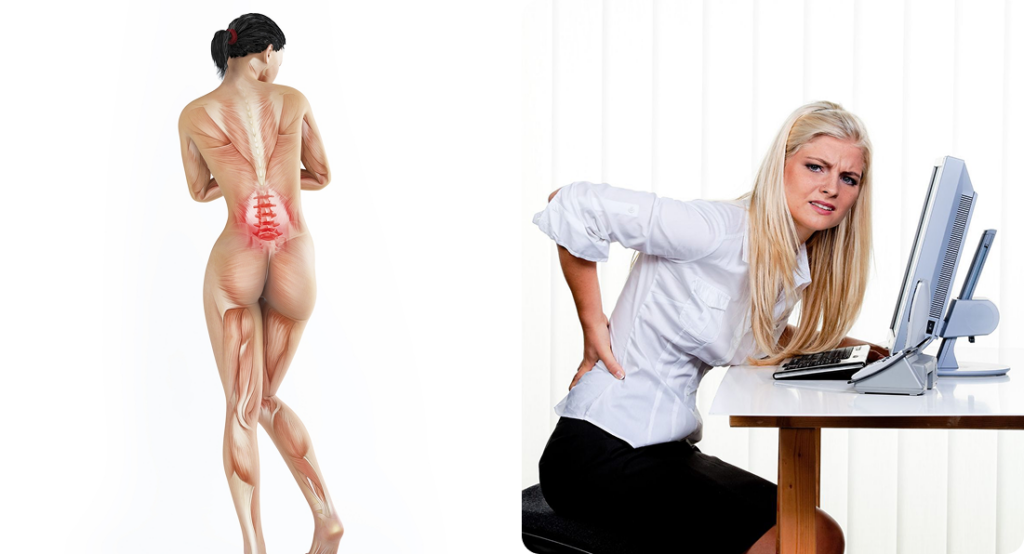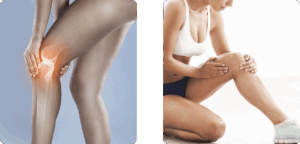Lower back pain is an uncomfortable reality for many people at various stages in life. It can arise from a multitude of causes, ranging from minor strains to significant medical conditions. Understanding when you should be concerned about your lower back in pain is essential for ensuring your long-term health. In this post, we will explore the signs that indicate serious back issues and what steps you can take to assess your condition.
Understanding Lower Back Pain
Before delving into the specifics of serious issues surrounding lower back pain, it’s important to understand what causes this discomfort. Factors contributing to lower back in pain can include poor posture, muscle strain, herniated discs, and lifestyle factors such as a lack of exercise or excessive weight. While occasional pain is common, persistent or severe pain should warrant further attention.
The Common Symptoms of Lower Back Pain
Many people experience lower back pain that can range from mild to severe. Symptoms may include:
- Sharp or dull pain in the lower back that may extend towards the legs.
- Stiffness or tightness in the back, making it difficult to bend or move.
- Pain that worsens with specific activities or after prolonged sitting or standing.
Recognising these symptoms can help you determine whether your back pain is something that can be treated at home or whether it could be indicative of a more serious condition that requires medical attention.
When to Seek Medical Attention
Knowing when to seek help is crucial in managing your lower back pain effectively. If you experience any of the following symptoms alongside your lower back in pain, it’s essential to consult a medical professional:
1. Persistent Pain
If your lower back pain lasts for more than a few weeks without any signs of improvement, it’s time to seek medical advice. Chronic pain can be a sign of an underlying issue that needs to be addressed.
2. Severe or Sudden Onset of Pain
If you suddenly experience severe pain following an injury or a fall, it could indicate a serious problem such as a fracture, herniated disc, or other significant injuries.
3. Symptoms Involving Numbness or Weakness
If you notice numbness, tingling, or weakness in your legs or elsewhere in your body, it may suggest that a nerve is being compressed. This could be an indication of a more severe issue requiring immediate medical assessment.
4. Loss of Bowel or Bladder Control
One of the more alarming signs of severe lower back issues is the loss of bowel or bladder control. This symptom indicates potential nerve damage or a serious condition such as cauda equina syndrome, which requires urgent medical attention.
Diagnostic Tools for Lower Back Pain
If you do seek medical attention, your doctor may recommend several diagnostic tools to ascertain the nature of your lower back pain. These may include:
Physical Examination: Your healthcare provider will conduct a thorough physical exam, assessing your posture, flexibility, and the areas where you are experiencing pain.
Imaging Tests: If further evaluation is necessary, imaging tests such as X-rays, MRIs, or CT scans may be used to provide more detailed views of the structures in your back.
Laboratory Tests:In certain cases, blood tests may be ordered to rule out infections or conditions like rheumatoid arthritis that may be causing your symptoms.
Treatment Options for Lower Back Pain
If your assessment reveals a serious condition, your treatment options may vary depending on the diagnosis. Some common approaches include:
Manual Therapy: Tailored bone-setting, nerve release, exercises and stretches can help strengthen the back and improve flexibility.
Medications: Over-the-counter pain relief or prescription medications may be necessary for managing severe pain, but of course won’t improve the cause of the problem.
Surgery: In some cases, surgical intervention may be required to correct issues such as herniated discs or spinal stenosis.
Final Thoughts: Navigating lower back pain can be a daunting experience, especially when trying to discern what’s serious and what isn’t. If you’re experiencing lower back in pain that persists, intensifies, or is accompanied by alarming symptoms like numbness or loss of control, seeking medical help is paramount. Early detection and treatment could ensure a healthier and less painful future. Remember that while some minor pains can be managed through rest, exercise, and over-the-counter medications, your overall well-being should always take precedence.

That’s all for now.
If you’re interested in learning more and would like a consultation with us at Spine, Body & Health then please click here to book your consultation.
See you soon,
Dr. Peter Olsson
Founder of Spine, Body & Health
Bedford, United Kingdom




